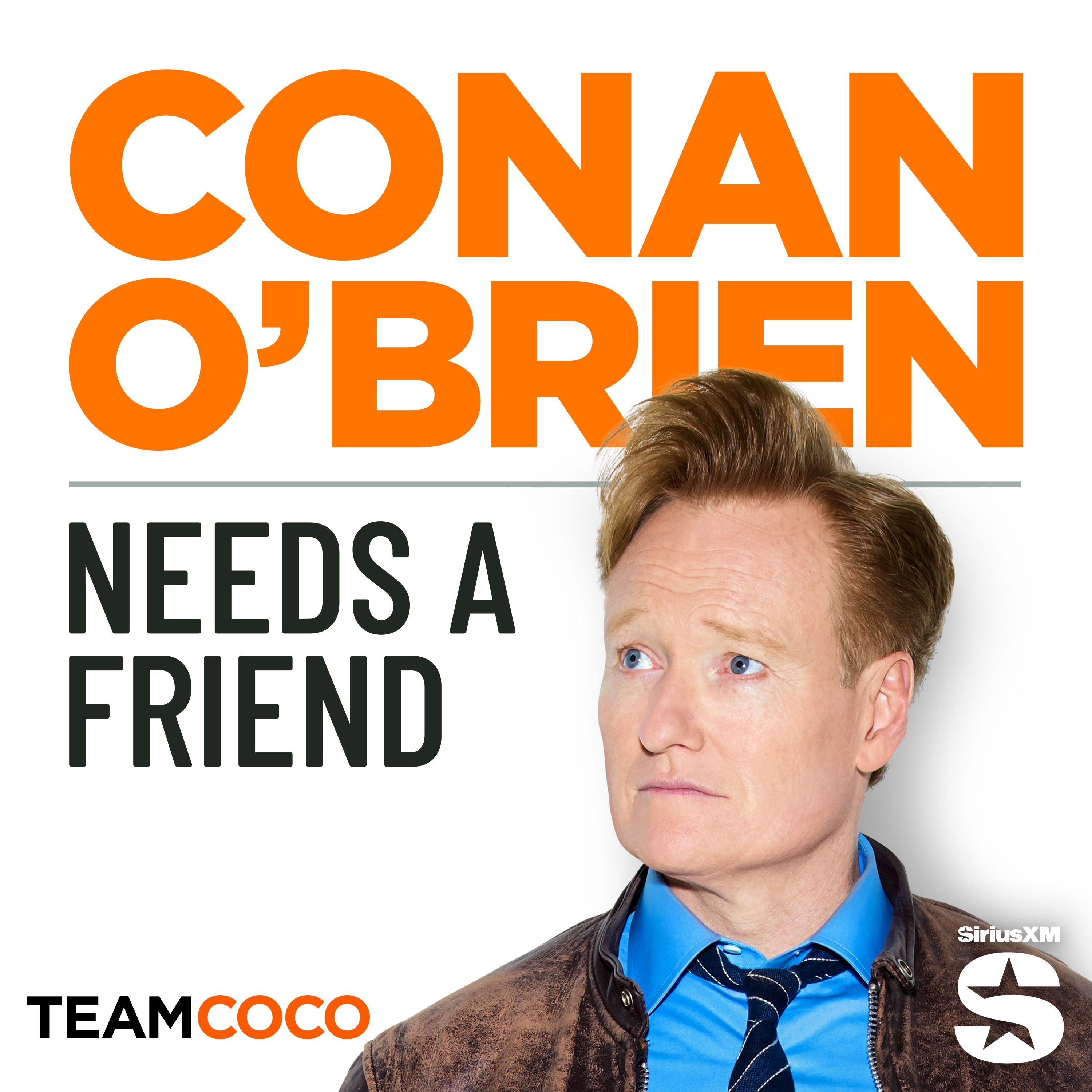Key Takeaways
- Andy Samberg’s career trajectory highlights the evolution of comedy from traditional formats to internet-based content.
- The success of Lonely Island’s digital shorts on SNL was a pivotal moment in the rise of viral online video content.
- The podcast discusses the creative process behind SNL digital shorts, Brooklyn Nine-Nine, and Samberg’s other projects, emphasizing pacing and control.
- Samberg reflects on the importance of finding a creative ‘gang’ or collaborators early in one’s career.
- The conversation touches on the challenges and rewards of working in comedy, including dealing with anxiety and maintaining a positive outlook.
Segments
Andy Samberg’s Comedy Origins and SNL (~00:15:00)
- Key Takeaway: Andy Samberg’s early work with Lonely Island on YouTube was groundbreaking and set the stage for viral internet comedy.
- Summary: The conversation shifts to Andy Samberg’s early career, discussing the formation of Lonely Island in 2001 and their pioneering work in online video comedy. They highlight how their digital shorts on SNL, like ‘Lazy Sunday,’ became cultural phenomena and influenced the landscape of internet content.
The Art of the Digital Short (~00:25:00)
- Key Takeaway: The success of SNL digital shorts was a combination of creative vision, technological advancements, and fortunate timing with the rise of platforms like YouTube.
- Summary: Samberg and Conan discuss the creative process and impact of the SNL digital shorts, emphasizing how they offered a different format from live sketches. They note the luck involved with the timing of YouTube’s emergence and the ability to create high-quality, shareable content.
Comedy Influences and Pacing (~00:40:00)
- Key Takeaway: Samberg’s comedy is influenced by a wide range of sources, from Monty Python to classic film, with a strong emphasis on pacing and creative control.
- Summary: The discussion delves into the influences on Samberg’s comedic style, referencing figures like Monty Python and Mel Brooks. They explore the importance of pacing in comedy, drawing parallels to classic film routines and the control afforded by pre-recorded shorts versus live performance.
Brooklyn Nine-Nine and Creative Control (~00:55:00)
- Key Takeaway: Brooklyn Nine-Nine allowed Samberg to work within a structured TV format while retaining a sense of creative control over pacing and jokes, similar to his digital short work.
- Summary: Samberg talks about his experience on the sitcom Brooklyn Nine-Nine, explaining how the show’s production rhythm allowed for a similar creative satisfaction to his SNL shorts. He highlights the ability to control the edit and ensure jokes landed effectively.
Working with Hollywood Stars (~01:10:00)
- Key Takeaway: Samberg shares his experiences working alongside acclaimed actors like Benedict Cumberbatch and Olivia Colman, finding the process both nerve-wracking and rewarding.
- Summary: The conversation turns to Samberg’s film work, specifically ‘The Roses,’ where he acted alongside major stars like Benedict Cumberbatch and Olivia Colman. He describes the initial intimidation and eventual comfort he found in these collaborations, praising his co-stars’ talent and kindness.
Wimbledon Anecdote and Personal Reflections (~01:25:00)
- Key Takeaway: A humorous anecdote about a dress code violation at Wimbledon highlights the relatable struggles of navigating social expectations.
- Summary: Conan and Samberg recount a funny story about Samberg’s experience at Wimbledon, where he was denied entry to the Royal Box due to his attire. The anecdote serves as a lighthearted moment, reflecting on personal style and unexpected social faux pas.
The Nature of Comedy and Happiness (~01:35:00)
- Key Takeaway: Samberg identifies as a naturally happy person, which he finds can be a unique challenge in the often cynical world of comedy.
- Summary: The podcast concludes with reflections on happiness and its role in comedy. Samberg describes himself as a generally happy person, noting that this disposition can sometimes feel at odds with the more angst-driven narratives often found in comedy, but ultimately embraces it as part of his creative identity.
